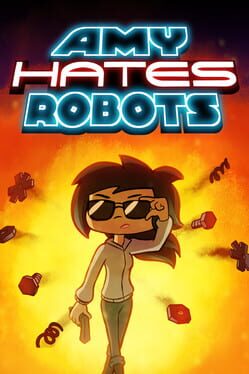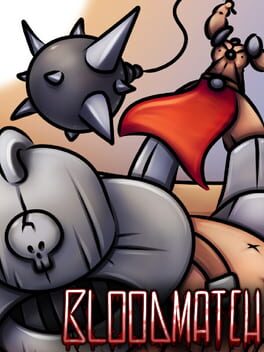HBO’s adaptation of The Last of Us has returned for its second season, but the reception from viewers has taken a notable turn. While critics continue to praise the show, audience scores have dropped dramatically, even falling below the controversial reception the original game received. Let’s look at what’s behind this shift and what fans say.
The first season of The Last of Us was widely celebrated, earning a 96% critic score and an 87% audience score on Rotten Tomatoes. Season 2 maintains a similar 95% critic score, but the audience score has plummeted to 42%, a drop of 45% compared to season 1. This mirrors the divide seen with the game’s sequel, which had a 93 Metacritic critic score but a much lower user score of 5.8/10. Now, the show’s second season has surpassed even that low audience approval.
- Bella Ramsey’s Portrayal of Ellie: Some viewers feel Ramsey doesn’t resemble the game’s Ellie, a complaint that has existed since season 1. There’s added criticism that Ramsey doesn’t convincingly portray an older Ellie after the time jump, despite being older in real life. Some fans suggest recasting, while others note a difference in Ellie’s demeanor, describing her as more upbeat than in the game.
- Joel’s Early Death: Joel’s death early in the season remains a sore point. Many fans disliked this choice in the game, and the show’s audience reacted similarly. However, the low scores began with episode one, before Joel’s death, so this isn’t the sole reason for the backlash.
- Changes to Abby’s Character: This is one area where criticism seems more grounded. The show altered Abby’s physical appearance and revealed her backstory immediately, which some feel lessened the impact of her character’s arc. Unlike the game, the show has since sidelined Abby, leaving her story incomplete.
- Other Story Adjustments: Changes to Tommy’s role, including a battle scene and altered motivations, have also drawn criticism. Some fans miss the original storyline where Tommy seeks revenge after Joel’s death.
- Anti-Woke Sentiments: Unfortunately, some of the negative feedback includes harsh comments about Ramsey’s appearance and the depiction of Ellie’s same-sex relationship with Dina. This reflects a broader trend of increased hostility in entertainment discussions over recent years.
- Positive Notes: Isabella Merced’s portrayal of Dina has been well-received, with many viewers appreciating her performance.
While season 2 may not have matched the impact of the first, the massive drop in audience scores seems to stem from a mix of story choices and cultural reactions. The divide between critics and viewers echoes the experience with the game’s sequel, showing how passionate fans can be about favorite characters and narratives.
What do you think about the second season’s reception? Have you noticed these changes, or do you have a different take? Share your thoughts in the comments below.
























